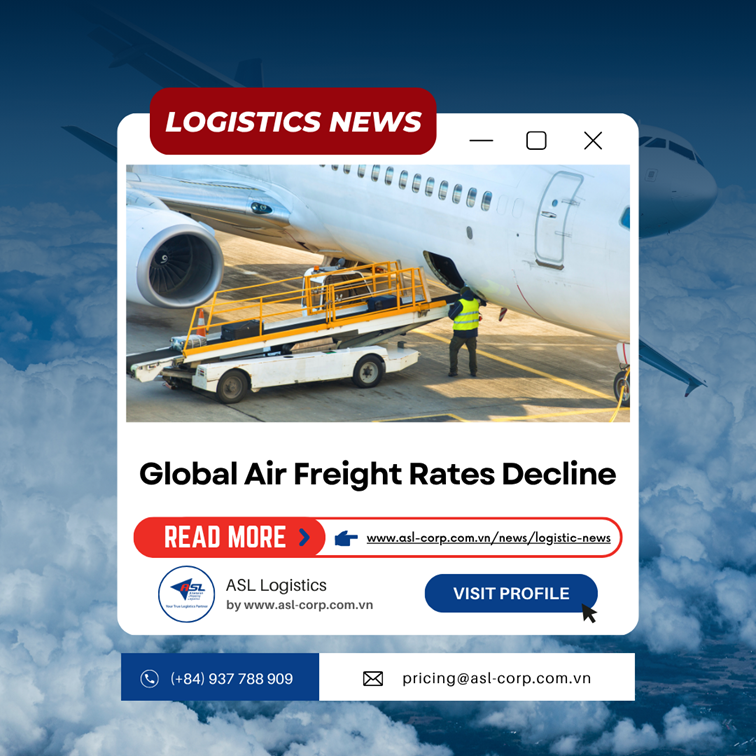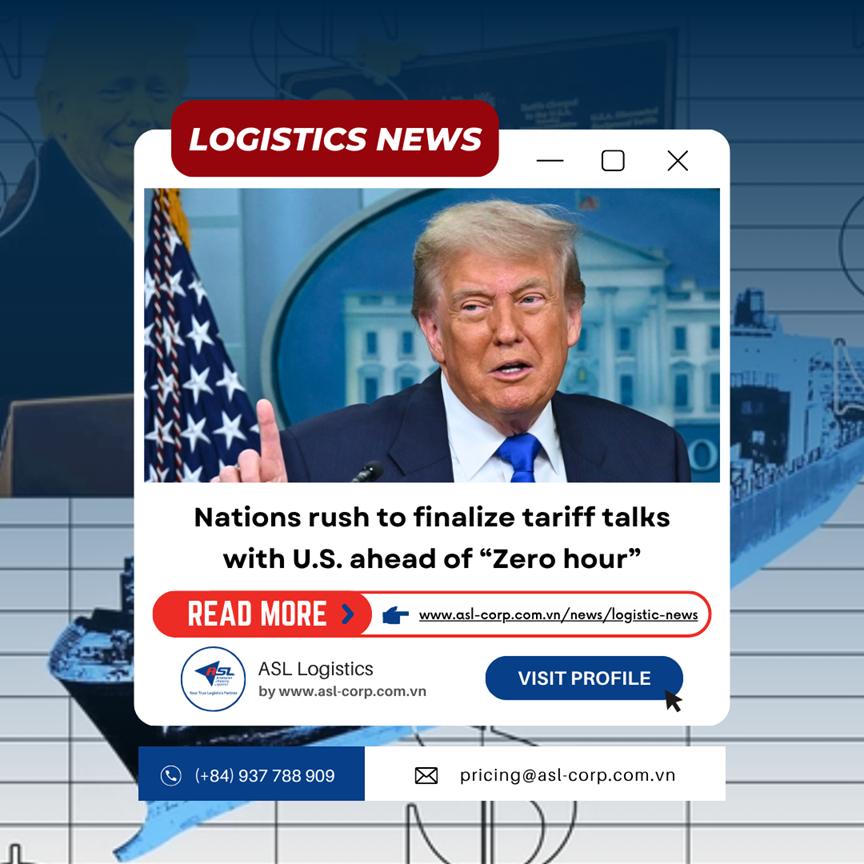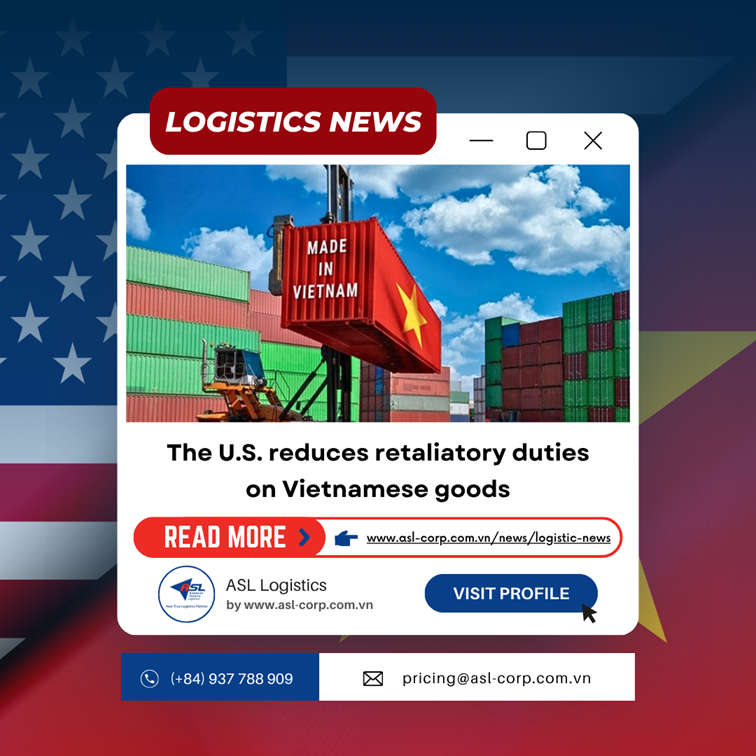Logistic News
TERMINAL HANDLING CHARGES SURGE NEARLY 50% AFTER A DECADE
26 June 2025
Over the past decade, Terminal Handling Charges (THC) collected by shipping lines from cargo owners at Vietnamese seaports have increased significantly, placing added pressure on logistics costs for import-export businesses.
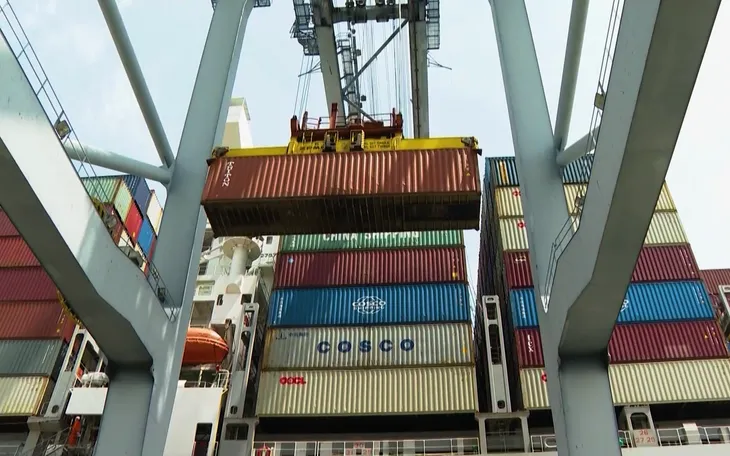
Container Handling Surcharges Surge Nearly 50% After a Decade
According to statistics from the Vietnam Ship Agents, Brokers, and Maritime Services Association (Visaba), current Terminal Handling Charges (THC) have risen by nearly 50% compared to a decade ago. Specifically, in 2013, the average THC was around USD 90 for a 20-foot container and USD 140 for a 40-foot container. By 2023, these figures had increased to approximately USD 125 and USD 195, respectively.
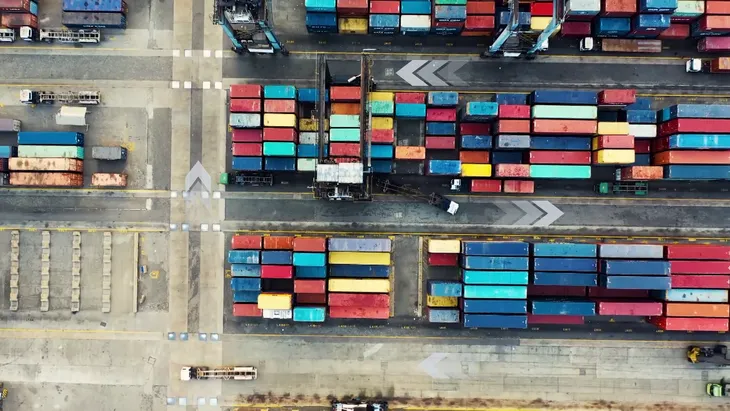
THC Is a Surcharge Collected by Shipping Lines to Offset Port Handling Costs
Terminal Handling Charges (THC) are surcharges collected by shipping lines to cover the cost of loading and unloading cargo at ports, including the movement of containers between the yard and the quay, and vice versa.
Notably, according to analysis by the Vietnam Ship Agents, Brokers, and Maritime Services Association (Visaba), shipping lines only pay about 40% of the THC they collect from cargo owners to Vietnamese seaports. Specifically, if a shipping line collects an average of USD 173 per container, it only pays around USD 69 to the port.
In contrast, this ratio is significantly higher in several other countries in the region. For example, in Thailand, ports receive about 72% of the amount charged to cargo owners; in the Philippines, it’s 73%, and in Singapore, 58%.
A Visaba representative noted that foreign shipping lines currently impose various surcharges in Vietnam without strict regulatory oversight. Any market fluctuation often leads to immediate surcharge increases, with adjustments reaching as high as 10–20% at times.
In reality, over 90% of Vietnam’s import-export cargo volume relies on foreign shipping lines, primarily the top 10 major carriers. The fact that these carriers pay ports significantly less than what they collect from shippers results in considerable profit margins.
“To effectively regulate THC and other surcharges imposed by foreign shipping lines, regulatory agencies must work in close coordination. If necessary, international consultants should be hired to help develop a robust monitoring mechanism,” a Visaba representative recommended.
According to investigations by local reporters, THC is an internationally recognized charge and may be adjusted in line with market trends. Some logistics companies revealed that even when freight rates dropped sharply—at times to negative levels—shipping lines continued to impose surcharges as a way to compensate for revenue shortfalls.
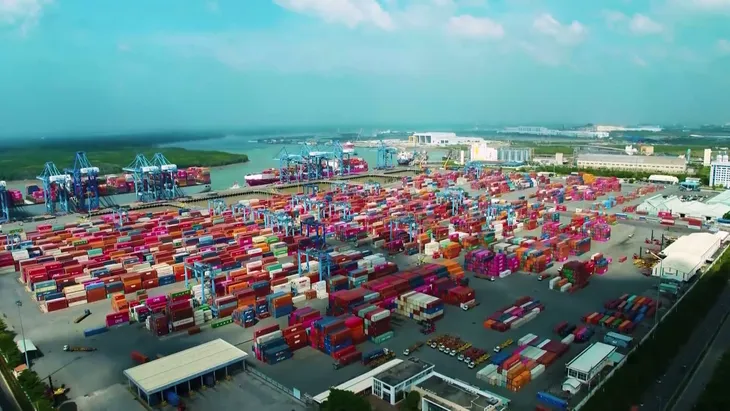
Additional Surcharges Also Applied, Including Container Imbalance Fees, Fuel Price Adjustment Charges, and Container Cleaning Fees
In addition to THC, shipping lines impose a range of other surcharges such as container imbalance fees, fuel price adjustment surcharges, and container cleaning fees, among others.
Recently, the Ministry of Transport issued Circular No. 31/2024 amending and supplementing Circular No. 12/2024, which requires price declarations for various services at seaports. These include container handling, container cleaning, and the loading and unloading of dry, bulk, and liquid cargo—aimed at enhancing transparency and strengthening pricing oversight for port services.
Source: VTV Online

Head Office
ASL Hồ Chí Minh
Số 31/34A Ung Văn Khiêm, Phường Thạnh Mỹ Tây, TP. Hồ Chí Minh, Việt Nam
 Công Ty Cổ Phần Giao Nhận Vận Tải Mỹ Á
Công Ty Cổ Phần Giao Nhận Vận Tải Mỹ Á
 (+84)28 3512 9759
(+84)28 3512 9759
 (+84)28 3512 9758
(+84)28 3512 9758
 pricing@asl-corp.com.vn
pricing@asl-corp.com.vn
 mdirector@asl-corp.com.vn
mdirector@asl-corp.com.vn
 www.asl-corp.com.vn
www.asl-corp.com.vn
LOGISTICS SERVICES










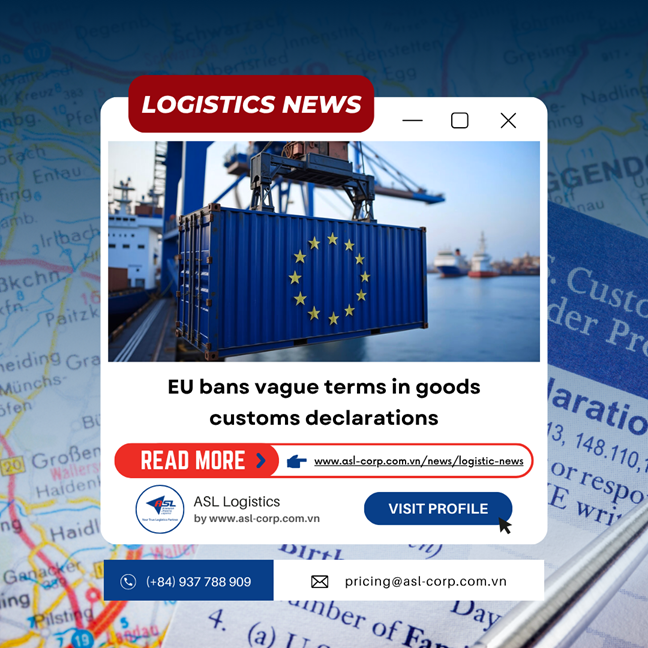
.png)
.png)

.png)

